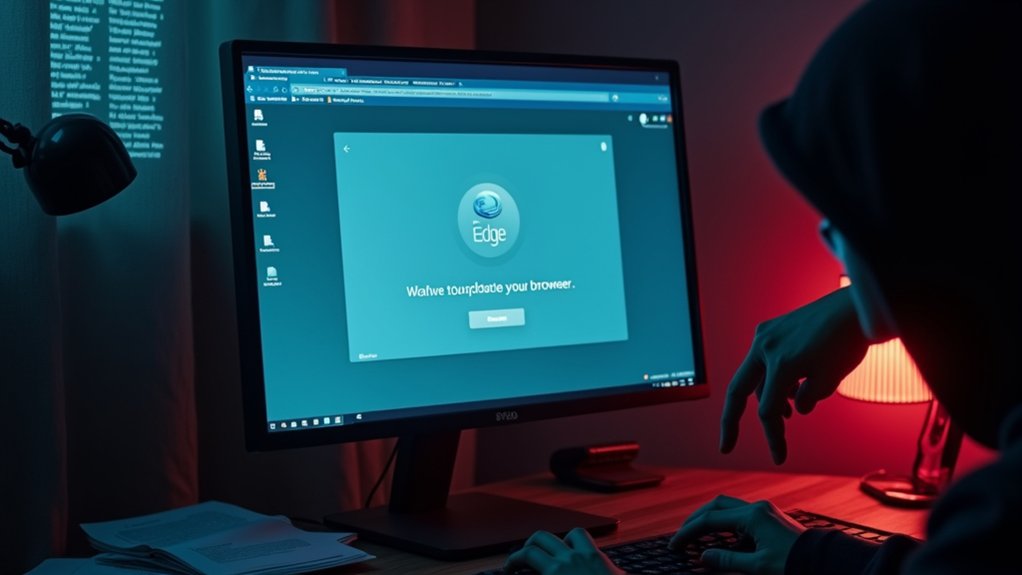As cyber threats continue to evolve, the Federal Bureau of Investigation (FBI) and the Cybersecurity and Infrastructure Security Agency (CISA) have issued warnings regarding a significant increase in sophisticated social engineering tactics employed by the Scattered Spider cybercriminal group. This group has primarily targeted large corporations across various sectors, particularly the airline industry, commercial facilities, and third-party IT providers.
Utilizing advanced social engineering techniques, Scattered Spider impersonates employees or contractors, manipulating IT help desks into granting unauthorized access to sensitive systems. The group’s operations consist of layered social engineering, often established through multiple phone calls. By gathering intricate details, such as password reset procedures, the cybercriminals persuade help desk personnel to alter account credentials, including circumvention of multifactor authentication (MFA) measures through unauthorized device additions.
Scattered Spider exploits social engineering tactics to deceive IT help desks into granting unauthorized system access.
Recent reports indicate confirmed attacks on airlines such as Hawaiian Airlines and Canada’s WestJet, underscoring the group’s calculated methods. Post-infiltration, the actors typically exfiltrate sensitive data, deploying ransomware variants like BlackCat/ALPHV to extort compromised entities. Scattered Spider is known for its distinctive methodical preparation involving thorough target study. The recent uptick in interlock ransomware attacks has further heightened the stakes for organizations facing these sophisticated threats.
Scattered Spider shows a distinct shift from indiscriminate phishing attempts to precise spearphishing and vishing maneuvers, focusing on individuals holding credential access within organizations. They proficiently utilize public business-to-business websites to identify key personnel, aiding in the crafting of convincing social engineering narratives. Research indicates that Business Email Compromise attacks frequently employ pretexting tactics in their initial approach.
Moreover, techniques such as SIM swapping further improve their capability to intercept authentication processes, increasing their access successfully. The ramifications of these cyber-attacks extend beyond the targeted organizations. Companies in the airline sector experience heightened vulnerability, with the attack surface expanding to trusted vendors and contractors.
CISA and FBI stress the critical need for improved preventive measures. Recommended actions include rigorous enforcement of phishing-resistant MFA, regular employee training on vishing and spearphishing, and maintaining strong collaborative reporting practices with federal agencies. Such proactive strategies are vital to mitigate the risk posed by these persistent and evolving cyber threats.









